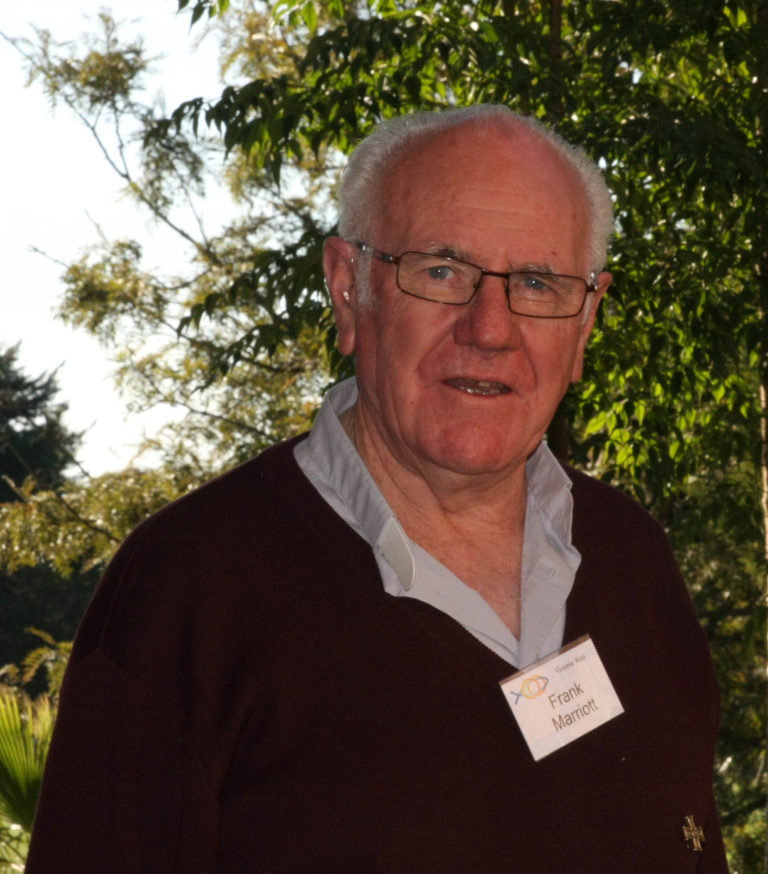Spring cleaning.
Well, Spring is still a month away in Southern Australia but the oft used expression, “time for spring cleaning” is appropriate for this weekend reflection.
Just how many books do I need on the shelves or, for that matter, how many shirts? We southerners have to cope with four seasons so the culling of clothes and footware is perhaps more difficult, let alone tedious, compared to the thongs shorts and tops of the northern climes.
But we all need to do a spring clean every now and then.
The allure of many possessions, the concept that an abundance of possessions will guarantee a safe, long and happy life is promoted with glossy brochures and beautiful landscapes. The current debate over interest rates, inflation and financial policy is driven, in no small way, to protect possessions. All this preoccupation glosses over the truth that life is the greatest gift and events this week, e.g., the brutal hangings in Myanmar, the ongoing destruction of possessions in Ukraine, the desire of one person to scrap the prayer at the beginning of the Parliamentary Sitting of the Senate, demonstrate that possessions do not guarantee happiness, let alone a long life.
Getting the balance is difficult; that’s really the call of the readings this weekend.
We believe that life is a gift given by the source of all reality. Paul reminds us, the baptised, that we have been brought back to true life with Christ. That further gift, true life, takes time and energy to understand and to appreciate. Loads of possessions can get in the way.
Spring clean this Spring. Make it your resolution today!
Mons Frank


